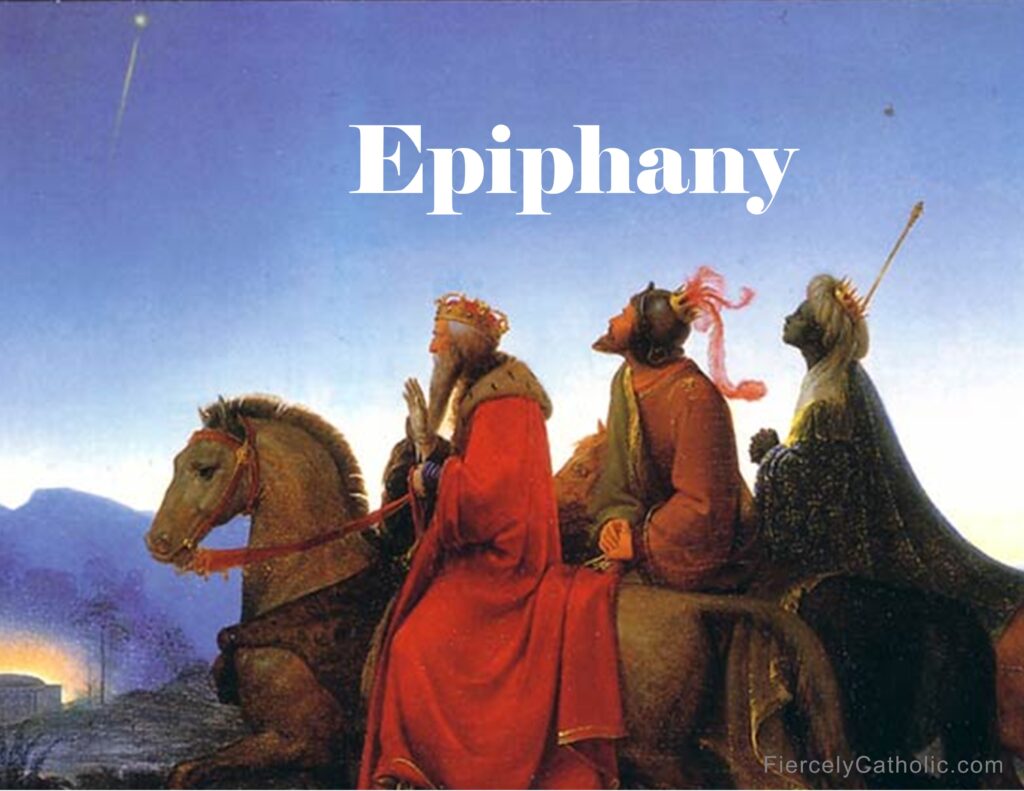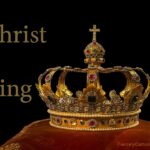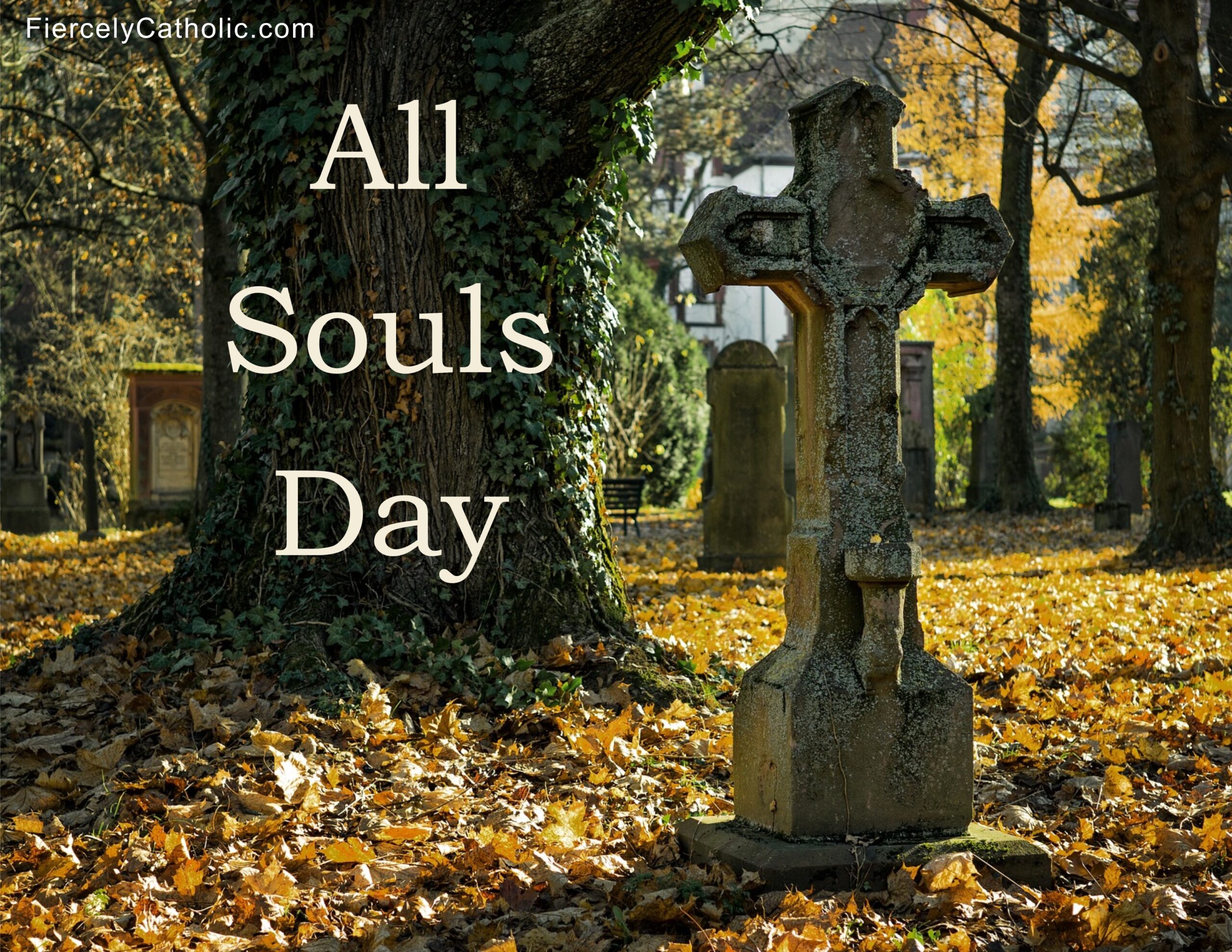
The Epiphany, or Manifestation of Christ has been celebrated since earliest days of the Church.
It recounts the event when wise men from the East, or magi, visited the child Jesus and brought Him gifts. They had seen a new star in the east which they understood to signify the birth of a new king.
Representing the Gentile nations, these men show that Jesus did not come for a single nation or tribe but came for the whole world.
Sometimes referred to as kings or astrologers, the Bible does not provide their names but traditionally they are called Balthazar, Gaspar, and Melchior. They are venerated as saints.
The gifts of Gold, Frankincense, and Myrrh that would be brought to Jesus were prophesied in the Old Testament. These gifts also prophesy Jesus’ roles as King, Priest, and Savior.
The Feast of the Epiphany is celebrated on January 6, or on the first Sunday after January 1 in the United States.
Manifested to the whole world:
The Epiphany emphasizes that Jesus is God and that He came to die:
They were overjoyed at seeing the star, and on entering the house they saw the child with Mary his mother. They prostrated themselves and did Him homage. Then they opened their treasures and offered Him gifts of gold, frankincense, and myrrh.
Matthew 2: 10-11
The Magi represent those who have ever searched for the truth:
The Wise Men were looking for more than what other religions could offer:
The Magi prostrated themselves:
The Epiphany is the manifestation of Jesus as Messiah of Israel, Son of God and Savior of the world. The great feast of Epiphany celebrates the adoration of Jesus by the wise men (magi) from the East, together with his Baptism in the Jordan and the wedding feast at Cana in Galilee. In the magi, representatives of the neighboring pagan religions, the Gospel sees the first-fruits of the nations, who welcome the good news of salvation through the Incarnation. The magi’s coming to Jerusalem in order to pay homage to the King of the Jews shows that they seek in Israel, in the messianic light of the star of David, the One who will be king of the nations. Their coming means that pagans can discover Jesus and worship Him as Son of God and Savior of the world only by turning towards the Jews and receiving from them the messianic promise as contained in the Old Testament. The Epiphany shows that “the full number of the nations” now takes its “place in the family of the patriarchs”, and acquires Israelitica dignitas (is made “worthy of the heritage of Israel”).
Catechism of the Catholic Church 528
God wants to reveal Himself to the whole world:
The Gospel is for everyone:
Jesus is the future King who Jews and non-Jews were waiting for:
On the Solemnity of Epiphany the Church continues to contemplate and to celebrate the mystery of the birth of Jesus the Saviour. In particular, this day stresses the universal destination and significance of this birth. By becoming man in Mary’s womb, the Son of God did not only come for the People of Israel, represented by the Shepherds of Bethlehem, but also for the whole of humanity, represented by the Magi. And it is precisely on the Magi and their journey in search of the Messiah that the Church invites us to meditate and pray today.
Pope Benedict XVI, Homily, January 6, 2011
The Magi visited Jerusalem in the days of a violent king:
Celebrating the Epiphany in Bethlehem:
The Truth, Goodness, and Beauty of the Catholic Church
Bringing joy to the internet:
Share this page with friends and family to start a conversation about your faith.
Don’t miss a post. Learn more about the Catholic Church and strengthen your Catholic faith.
Find more Fiercely Catholic video issues here.
Subscribe here.


